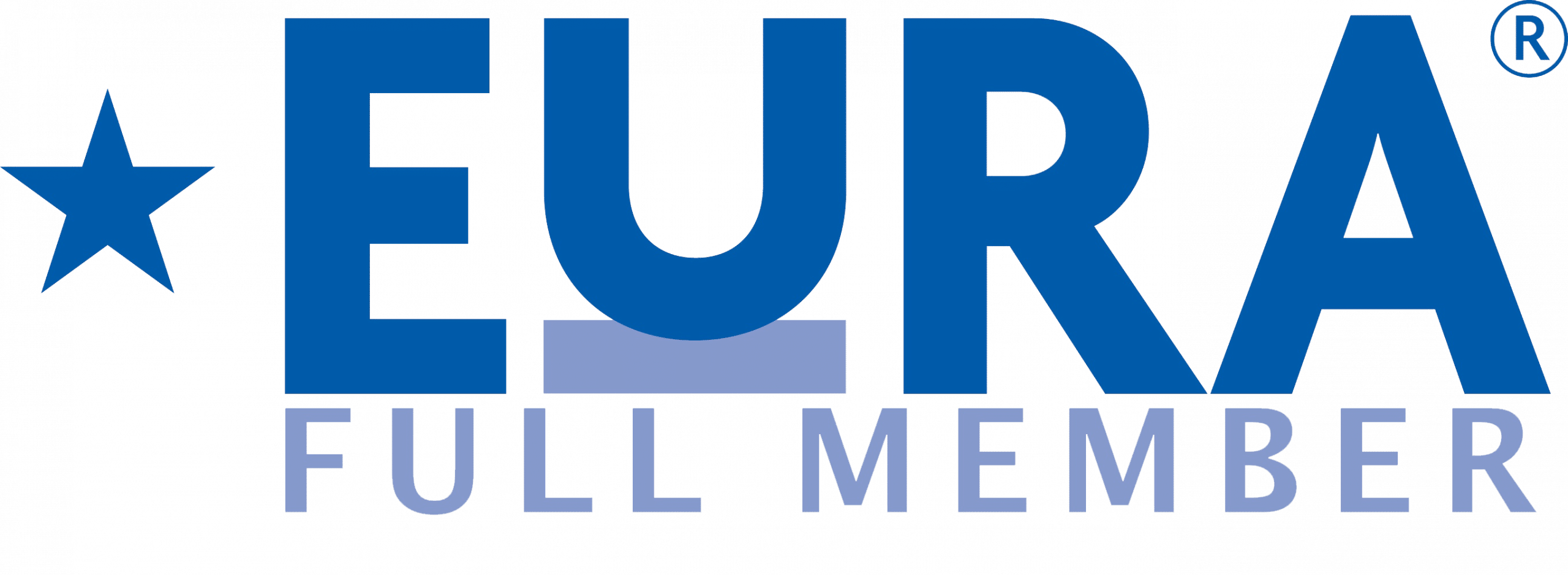
More Brexit News
Tuesday, 29th January, 2019, 59 days before the UK officially leaves the European Union, was another lively day in the ongoing Brexit saga where a lot happened in Parliament but, once the dust settled, nothing much really changed.
Recap

Two weeks ago, Parliament overwhelmingly rejected the Withdrawal Agreement that the government had proposed. The primary reason for opposition centered around the Irish Backstop, which is basically a safety net to ensure the UK remains within the Customs Union and allows freedom of movement until a solution can be found that creates both the necessary legal and operational requirements of a border without having to create a physical border, which would jeopardize peace within Ireland. This backstop has been unpopular on all sides because it keeps the UK in a limbo until resolved and could continue for many years.
So what has changed?
Unfortunately, very little. Tuesday’s activity primarily revolved around a series of amendments to the bill which, should they all have won support, could have potentially changed the direction of Brexit.
Five key amendments were voted upon in Parliament. Three of these amendments, which would have shifted the power for the direction of Brexit from the Government to Parliament, were rejected. So, while this doesn’t change the situation, it does indicate that the government has managed to garner some support amongst its own party.
The first amendment, which did pass, was one that rejected the UK leaving the EU without a deal. While this result indicates where Members of Parliament (MPs) stand, it doesn’t really change anything. It did not suggest how they hoped to avoid a “No Deal” scenario and it is not legally binding, so a “No Deal” Brexit could still happen.
The more significant amendment, which also passed, was that MPs voted to seek alternative arrangements for the Irish Backstop. This signifies that Parliament would like the Government to go back to the EU to negotiate some adjustment to the Irish Backstop. Some degree of concession would be more palatable and therefore form the basis of a Withdrawal Agreement that could actually be successful in a vote in Parliament.
SUCCESS!
Not quite. The prime minister only won because she gave into Brexiteer demands, by making a promise that she can’t be sure she can keep – one the EU says at the moment is impossible as it will not change the legal text that has already been agreed on.
So, once again an impasse has been reached. The EU holding firm on their stance will paint them as the villains in this part of the story; however, it is a role Brexiteers will happily shed for the moment.
What’s next?
The consensus is that this latest activity makes the likelihood of a “No Deal” conclusion more likely and industry groups have said that companies are likely to speed up their plans to mitigate against the risk of a “No Deal” Brexit. Concerns about such a result are being raised on an almost daily basis from the UK’s major grocery retailers, who are highlighting the fact that shortages of fruit and vegetables will happen quickly in this scenario as so much of what the UK consumes is grown outside the UK, especially in winter months. When and if supply is addressed, it will no doubt be at much higher prices.
Whether Theresa May is successful or not in negotiating an adjustment to the Withdrawal Agreement, a further vote on that deal will happen in Parliament. If this vote fails to pass, it is very uncertain as to what will happen. The default is for a “No Deal” Brexit; however, MPs have made clear they do not wish this to happen. In order to prevent this, they would need to propose an alternative and that has not been forthcoming so far. There could be an extension to Article 50 to buy more time, there could be a general election, or there could be a second referendum to let the people decide, but no one can say with any certainty where this saga will take us next. Stay tuned for the next exciting update!
Altair Global (‘Altair’) has provided this information as a service and convenience for your information only. It is not intended to replace your own legal or financial guidance and/or assistance and you are encouraged to seek the advice of your own tax and legal advisor. Further, the information contained herein is to our knowledge accurate to the extent of the data available to Altair as of the date identified. Altair does not assume responsibility for the accuracy of the contents hereof and is under no obligation to update the material contained herein.
Share This Story, Choose Your Platform!
Tuesday, 29th January, 2019, 59 days before the UK officially leaves the European Union, was another lively day in the ongoing Brexit saga where a lot happened in Parliament but, once the dust settled, nothing much really changed.
Recap

Two weeks ago, Parliament overwhelmingly rejected the Withdrawal Agreement that the government had proposed. The primary reason for opposition centered around the Irish Backstop, which is basically a safety net to ensure the UK remains within the Customs Union and allows freedom of movement until a solution can be found that creates both the necessary legal and operational requirements of a border without having to create a physical border, which would jeopardize peace within Ireland. This backstop has been unpopular on all sides because it keeps the UK in a limbo until resolved and could continue for many years.
So what has changed?
Unfortunately, very little. Tuesday’s activity primarily revolved around a series of amendments to the bill which, should they all have won support, could have potentially changed the direction of Brexit.
Five key amendments were voted upon in Parliament. Three of these amendments, which would have shifted the power for the direction of Brexit from the Government to Parliament, were rejected. So, while this doesn’t change the situation, it does indicate that the government has managed to garner some support amongst its own party.
The first amendment, which did pass, was one that rejected the UK leaving the EU without a deal. While this result indicates where Members of Parliament (MPs) stand, it doesn’t really change anything. It did not suggest how they hoped to avoid a “No Deal” scenario and it is not legally binding, so a “No Deal” Brexit could still happen.
The more significant amendment, which also passed, was that MPs voted to seek alternative arrangements for the Irish Backstop. This signifies that Parliament would like the Government to go back to the EU to negotiate some adjustment to the Irish Backstop. Some degree of concession would be more palatable and therefore form the basis of a Withdrawal Agreement that could actually be successful in a vote in Parliament.
SUCCESS!
Not quite. The prime minister only won because she gave into Brexiteer demands, by making a promise that she can’t be sure she can keep – one the EU says at the moment is impossible as it will not change the legal text that has already been agreed on.
So, once again an impasse has been reached. The EU holding firm on their stance will paint them as the villains in this part of the story; however, it is a role Brexiteers will happily shed for the moment.
What’s next?
The consensus is that this latest activity makes the likelihood of a “No Deal” conclusion more likely and industry groups have said that companies are likely to speed up their plans to mitigate against the risk of a “No Deal” Brexit. Concerns about such a result are being raised on an almost daily basis from the UK’s major grocery retailers, who are highlighting the fact that shortages of fruit and vegetables will happen quickly in this scenario as so much of what the UK consumes is grown outside the UK, especially in winter months. When and if supply is addressed, it will no doubt be at much higher prices.
Whether Theresa May is successful or not in negotiating an adjustment to the Withdrawal Agreement, a further vote on that deal will happen in Parliament. If this vote fails to pass, it is very uncertain as to what will happen. The default is for a “No Deal” Brexit; however, MPs have made clear they do not wish this to happen. In order to prevent this, they would need to propose an alternative and that has not been forthcoming so far. There could be an extension to Article 50 to buy more time, there could be a general election, or there could be a second referendum to let the people decide, but no one can say with any certainty where this saga will take us next. Stay tuned for the next exciting update!
Altair Global (‘Altair’) has provided this information as a service and convenience for your information only. It is not intended to replace your own legal or financial guidance and/or assistance and you are encouraged to seek the advice of your own tax and legal advisor. Further, the information contained herein is to our knowledge accurate to the extent of the data available to Altair as of the date identified. Altair does not assume responsibility for the accuracy of the contents hereof and is under no obligation to update the material contained herein.



![More Brexit News 9 [GUIDE] Local Plus Policy Considerations](https://www.altairglobal.com/wp-content/uploads/2024/12/GCS-Thought-Leadership-Blog-Header-Image-500x383.png)



